
Econned
How Unenlightened Self Interest Undermined Democracy and Corrupted Capitalism
Reproduced with permission of Palgrave Macmillan
ISBN: 9780230620513
Pages: 368
Recommendation
Neoclassical economists contend that the economy naturally seeks equilibrium, an optimal point where the supply of goods and services equals the demand. This intellectual view has encouraged politicians to deregulate markets to make them more competitive and efficient. But deregulation of financial markets has been a failed experiment in freeing banks and investment firms, says financial writer Yves Smith. She argues, convincingly, that the global financial crisis that began in 2007 has provided ample justification for greater regulation of banks and other related institutions. This book went to press in late 2009, prior to the 2010 passage of the Dodd-Frank Act, a sweeping reform of the US financial services industry that embodies some of the author’s proposed changes. getAbstract suggests Smith’s book to all those affected by the 2008 meltdown for its incisive description of the symptoms, causes of and cures for the financial crisis.
Summary
About the Author
Yves Smith (the pen name of financial writer Susan Webber) established Naked Capitalism, a website focused on economics and finance. Her articles have appeared on Slate and in The New York Times and The Christian Science Monitor.


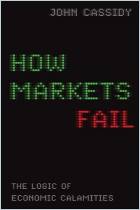
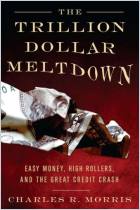
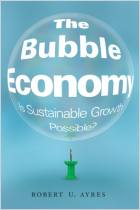
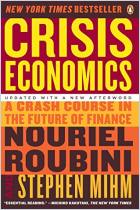
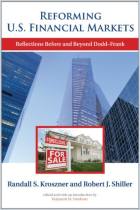
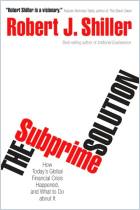

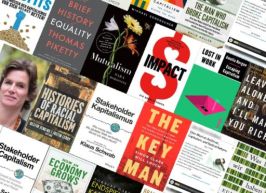




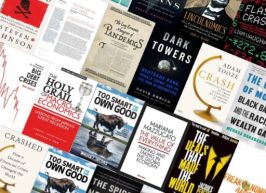




Comment on this summary